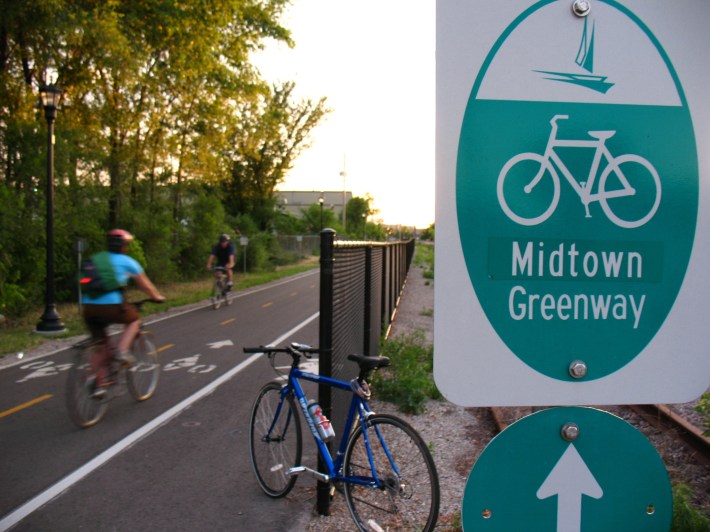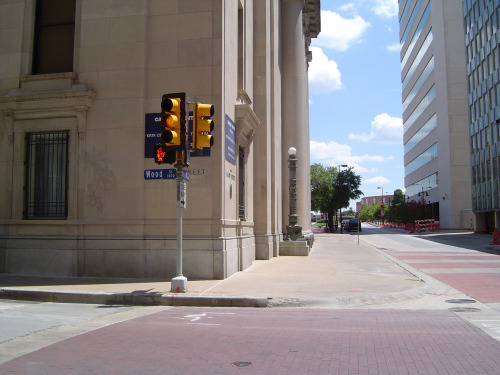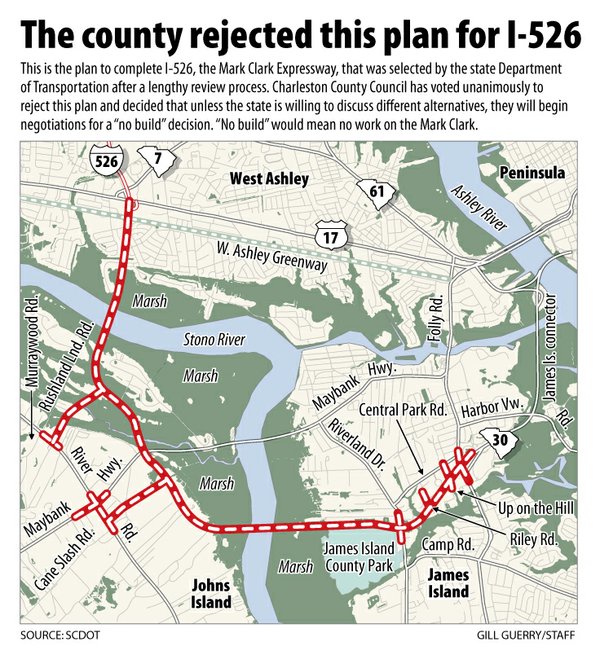Yesterday, we started our year-end 2011 round-up. We lamented transit cuts in places where transit is more important than ever, cheered the successful ballot initiatives that will fund transportation lifelines, took a moment to explore the nuances of some difficult issues, and called out Gov. Scott Walker of Wisconsin for some hare-brained ideas about the best way to spend money.
Now we continue with the second installment: What cities shone a little brighter and what cities lost their luster?
Let’s start with the good.
Cities That Led the Way: Bike-share caught on in 2011 like never before. New York City announced a system to dwarf all others, complete with 10,000 bikes. Boston had a great first season. DC and Arlington expanded Capital Bikeshare. Chicago got a TIGER grant to go full-tilt on its system. And bike-share is popping up in places you wouldn’t necessarily expect it – most recently, in Chattanooga, Tennessee. All those cities deserve credit for investing in active transportation options for their residents.

Meanwhile, in the DC area, suburban retrofits in White Flint and Tysons Corner started transforming these into urban, transit-rich communities with vibrant daytime and nighttime populations.
And Salt Lake City showed the country how to solve some of the most vexing geographic, political, cultural, and ecological challenges of urbanism. The city got behind a set of growth principles that champion walkability, density, transit options, and land conservation. The city's new, sustainable developments are wildly popular and incredibly successful at encouraging active transportation.
But it was Minneapolis that stole our hearts this year. The city rocketed to the top of the Bike-Friendliness charts with its Nice Ride bike-share system and its beloved Midtown Greenway, which transformed an old industrial railroad trench into a major cyclist thoroughfare connecting key parts of the city. And that’s not all – Minneapolis has gone through the whole complete streets shopping list, from road diets to bike parking to improved crossings to bike boulevards.
Perhaps even more significantly, the Twin Cities aren’t just tacking some nice cycling amenities onto an otherwise roads-heavy transportation program. They’re actually divesting from road infrastructure, tabling 14 planned highway expansions and improving transit options instead. They’re maximizing existing highways by adding bus lanes and priced shoulder lanes, and they're investing in transit-oriented development. As one city transportation planner said, “We couldn’t keep going on acting as if we were going to get money to build our way out of congestion.”
Cities That Lagged Behind: We at Streetsblog aren’t shy about calling out state leaders who make bad decisions in favor of sprawl and against smart transportation options. We talked about some of those yesterday (we’re looking at you, Scott Walker). But sometimes it’s not the state but the cities themselves that have a special knack for making bad decisions. And this was a big year for it.

Where to even begin?
St. Louis’ problems didn’t begin this year, but 2011’s Urban Mobility rankings showed just how far that city has to go. Despite having wide-open highways with very little congestion, commute times are among the longest in the country. Why? Because the city is emptying out and the sprawling suburbs just keep on expanding. Sounds like an unsustainable growth plan, huh? Indeed, the metro area grew over the last census, but it’s all because of suburban sprawl. The city lost eight percent of its population.
Houston bet it all on car infrastructure this year, earning itself honorable mention for intentional sprawl. And we expected more from the Portland metro area than highway mega-projects, but the Columbia River Crossing appears to be on its way.
But Dallas really won the day with its bans on everything good about cities. Like shady sidewalk cafés on a hot Texas day. Or any sidewalk cafés at all, it turns out. Or street performances. Or sidewalk vendors. Or – I kid you not – flowers. Once you start banning flowers on the sidewalk you know you’ve gone over to the dark side.
Thanks for all you do to suck the life out of your city, Dallas. Consider yourself Streetsie’d.
Popular Overthrow of Bad Decisions: Whether it’s the city or the state that’s pushing forward unsustainable growth practices, our favorite stories are the good old-fashioned showdowns where good triumphs over stupid.

Like in Cincinnati, where the City Council and Ohio Governor John Kasich conspired to kill the streetcar project, but voters at the ballot box kept it alive and TIGER III swooped in with the funds to make it happen. It’s a happy ending on a bruising battle that showed just how far Ohio’s leaders are willing to go to sabotage forward progress (and that they still won't win).
Charleston, South Carolina, also came back from the brink of a rotten idea when county officials unanimously voted down a highway bypass being pushed on them by SCDOT. The Coastal Conservation League had worked hard educating the public about the negative impacts of a road that would cost half a billion dollars and save half a minute off commute times.
It’s not over yet, though. SCDOT and the state infrastructure bank are still insisting that the county take “Alternative G” instead of the “no build” option the county council opted for in April. The county may be forced to pay back $12 million in spent state funds if it rejects the project in the end.
More Streetsies coming up!






